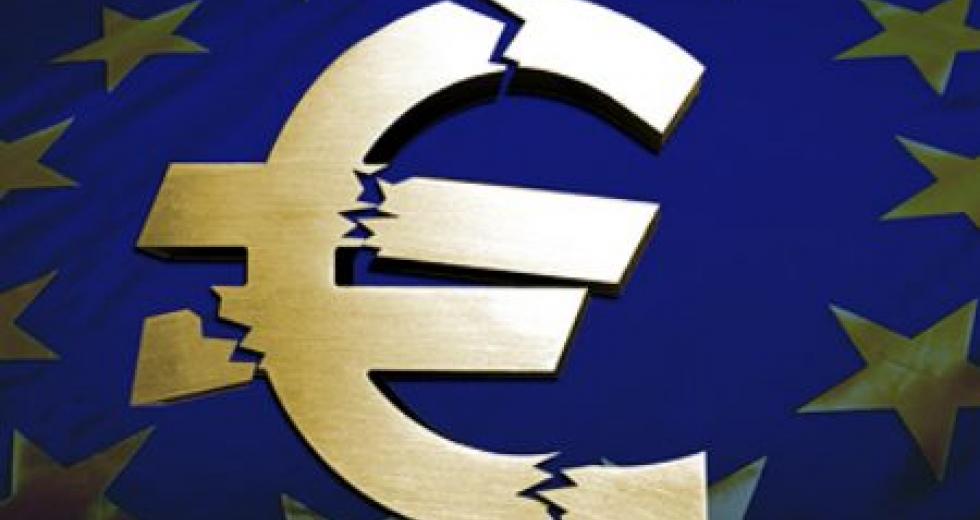
The downgrading of France and other European nations on Friday was not unexpected, so markets had already come to terms with it; viewing it as the least of their worries.
This week sees a number of European government bond auctions, and most critically, Greece's continuing attempts to make a deal with its private creditors.
The possible deal with its private investors, known as the Private Sector Involvement (PSI), involves a swap of government bonds for new government bonds. The new bonds will have a lower value than the originals, and private investors are expected to take a haircut costing at least €100 billion.
PSI talks broke down on Friday, after agreement could not be reached on the interest rate on these new bonds, and the law which will apply to them.
Yet as time moves on, the situation for Greece continues to deteriorate. The PSI will solve nothing fundamental, and so any solution will already be too late by the time it is negotiated.
In the meantime, as with Ireland last week, the Troika (European Union, ECB and IMF) will visit Greece tomorrow, for another round of inspections to make sure Greek austerity plans are putting enough people out of work.
The stakes are particularly high this time, though, since the Troika has made it clear that Greece will receive no more money from it unless it succeeds in a deal under the PSI.
So while markets shrug their shoulders at the downgrades of France and eight other nations, Greece continues to be the most immediate trigger for contagion.
